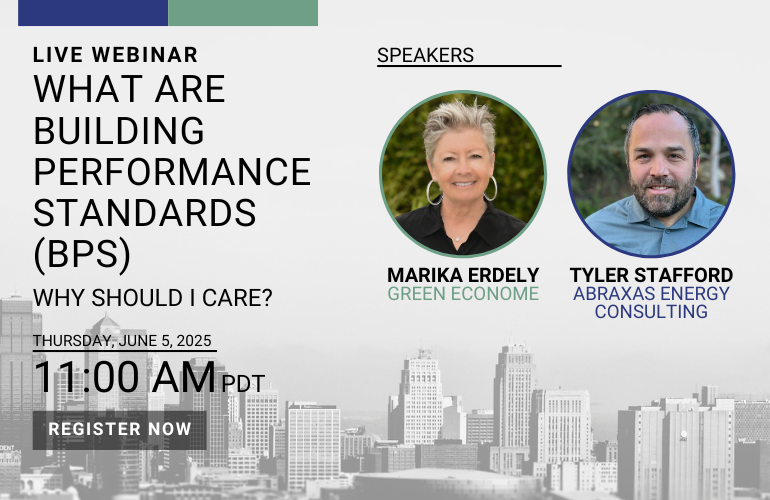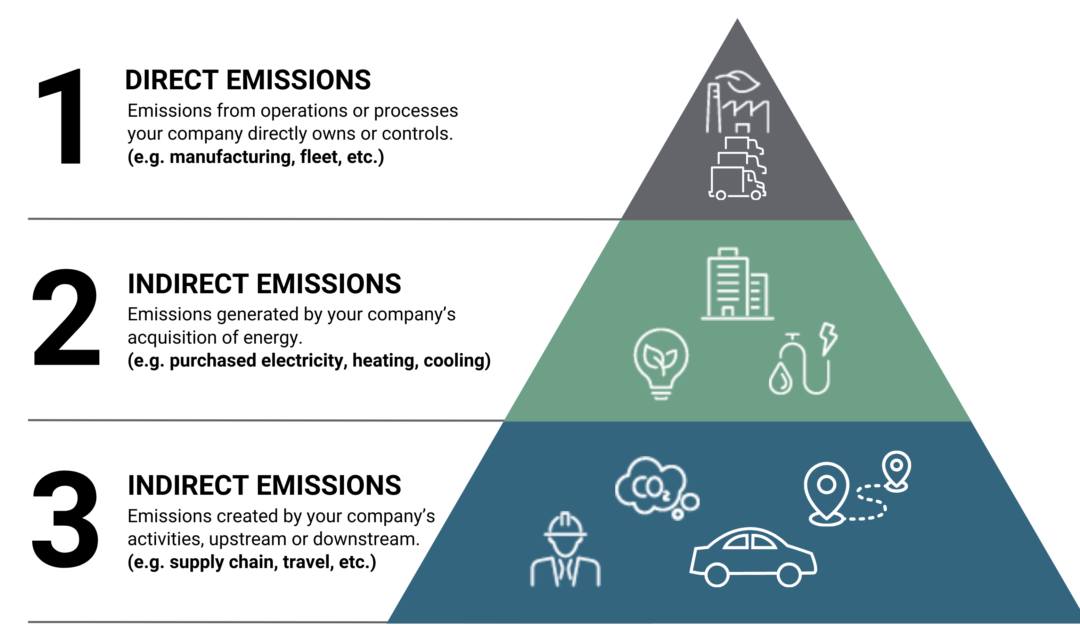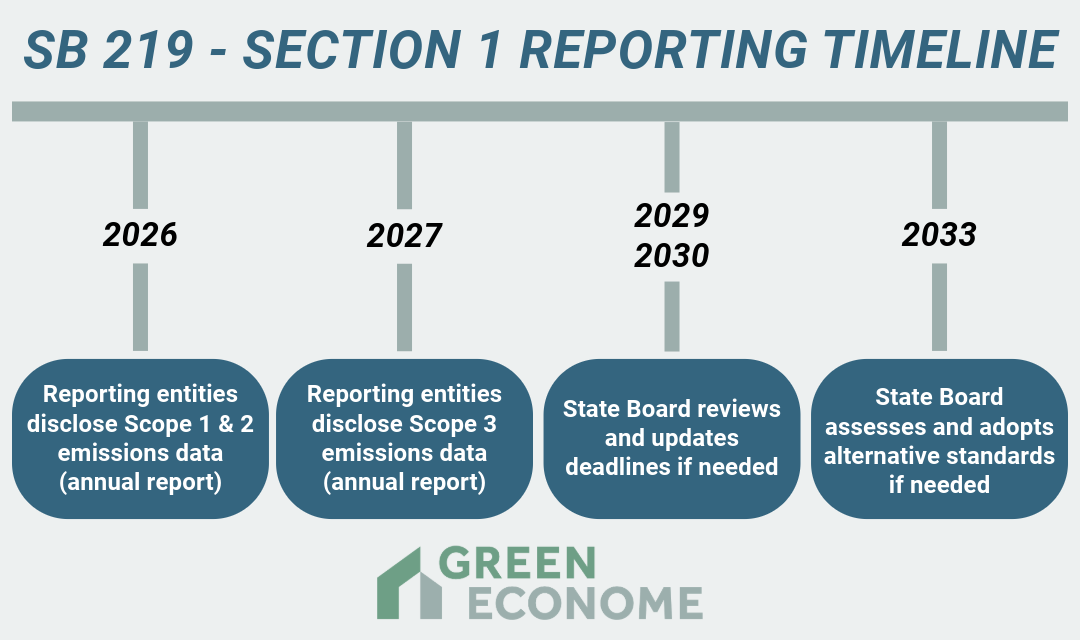Marika Erdely, Founder and CEO of Green Econome, recently sat down with GM Properties to discuss energy regulations and optimizing property performance for commercial real estate stakeholders in Southern California.
KEY TAKEAWAYS
- 5 effective ways to reduce energy bills in commercial properties
- LED lighting retrofit
- Thermostat optimization
- Upgrading HVAC systems
- Improving roof efficiency
- Window upgrades and films
Summary
This article outlines the most effective ways to reduce high energy bills in commercial properties. It explains various upgrades, such as LED and HVAC, and breaks down exactly how they can benefit your property. Insights from Marika highlight how to boost efficiency, reduce costs, and increase property value, with actionable tips for property owners.
About GM Properties
GM Properties is a Southern California-based boutique commercial real estate firm compiled of seasoned professionals in real estate, property management, and brokerage services. The company has served a wide range of clients since 1963 across industrial, office, retail, and land assets. GM Properties’ team leverages industry-leading platforms to deliver efficient management and access to off-market opportunities.



















